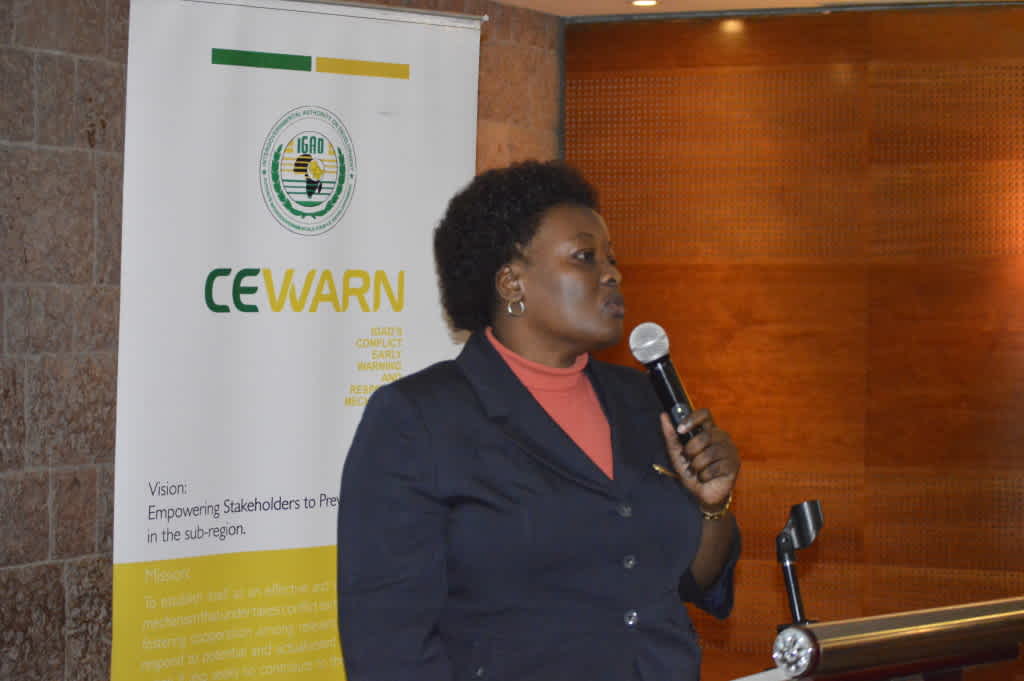Strengthening Community Cross-border Collaboration in the IGAD
Strengthening Community Cross-border Collaboration in the IGAD Region: Draft Policy Framework on Informal Cross-border Trade-Cross Border Security Governance

In the culmination of a four-year effort, LPI and partners came together in early August to discuss a new draft policy on cross border trade and security. What started as an initiative to identify pressing policy challenges in the region, has led to the development of the important draft document: “Strengthening Community Cross-border Collaboration in the IGAD Region: Draft Policy Framework on Informal Cross-border Trade-Cross Border Security Governance”. Participants in the workshop drawn mainly from departments and agencies from the Intergovernmental Authority on Development deliberated on the draft policy document in a meeting in Addis Ababa.
The partners in this effort are the Intergovernmental Authority on Development-Conflict Early Warning Mechanism (IGAD CEWARN), Organization for Social Sciences Research in Eastern and Southern Africa (OSSREA), InterAfricaGroup (IAG), and Life & Peace Institute’s Horn of Africa Regional Program (HARP). The Quartet came together with the aim of responding to policy dilemmas in the IGAD region through the development policy options. After an exhaustive process, the Quartet identified and decided to focus on the nexus of Informal Cross Border Trade-Cross Border Security Governance.
Borders between IGAD member states extend 10,319 kilometres. Pressing livelihood and security issues affect borderland communities all along this extensive border. These and other thematic issues addressed in the draft policy document are of existential importance to the IGAD region. The initiative and its overarching objectives converge closely with IGAD’s on-going work to bolster resilience and drought in the region, including in these border land areas. This IGAD work is outlined in the IGAD Drought Disaster Resilience Sustainability Initiative (IDDRSI) platform and strategy.
Throughout the policy development process, significant effort was made to involve the people who will be most affected by the policy and ensure that their perspectives were heard. The Quartet committed to garner the points of view of stakeholders that are traditionally marginal to the regional policy processes such as local communities, academia, and civil society. Each member of the Quartet played a role in ensuring that the viewpoints and experiences of a range of stakeholders were articulated through a series of studies and workshops which produced over 25 outputs in the form of research studies, reports, and workshop proceedings. The initiative, later termed the Collaborative Policy Analysis and Engagement (CPAE) Pilot, has been consistently lauded as innovative and breaking new ground by partners and observers.
LPI and its partners looks forward to the next step in this policy process.
Most recent blog posts
2026-01-13
Placing Local Voices at the Centre of Regional Peacekeeping ConversationsA Reflection from the Horn Dialogue Series IV
